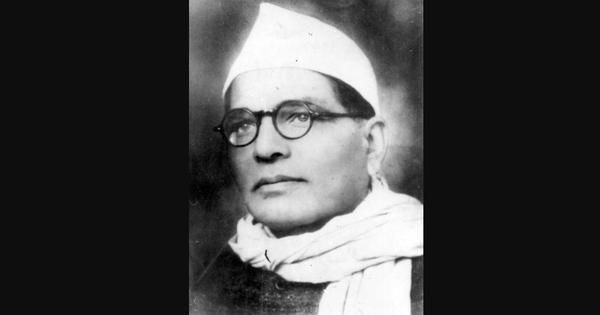This month marks the centenary of a remarkable (and successful) peasant protest in Uttarakhand. The British had inherited from native maharajas a system of forced labour known as begar, which they imposed on the peasantry. Under this system, villagers were compelled to carry the loads of British officials and European travellers, and also provide them with milk and vegetables when they were on tour.
It was an onerous and much-hated system, which so angered the peasants, that, after a series of petitions had been rejected, they went on strike in January 1921, refusing to carry luggage or supply provisions, and brought the system to an end.
Forms of begar and early opposition to it
Begar generally implies unpaid forced labour, extracted either by landlords or the state. In the agrarian system of British Kumaun, there were three distinct forms of begar in operation. Coolie begar meant forced labour without any payment. Coolie utar carried an obligation of a minimum wage…















